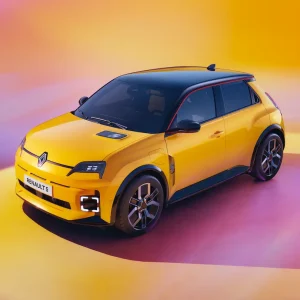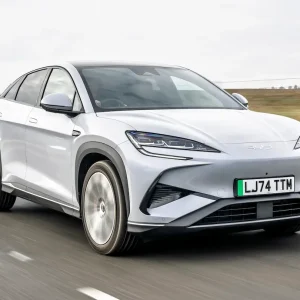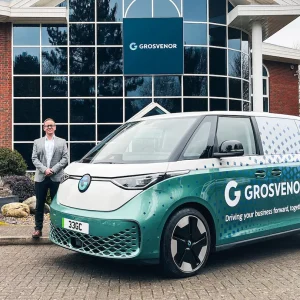
Our bespoke approach enables businesses to have a partner working hand in hand with them as they look to transition towards a greener fleet.
This can be starting simply, moving from ICE to hybrid and then full Battery EV (BEV) or going straight to BEV or staying with hybrid. There is no one size fits all approach, the key is to identify which fleet vehicles lend themselves to what technology. This will in part be driven by the operational requirements of the vehicle. And of course, cost is a key consideration for all organisations, especially with fleet spend typically being the second highest after staff costs.
So where to start with the transition to a greener fleet? Here are just some examples of how businesses we’ve worked with have started their journey.
A social housing provider wanted to transition to a greener and more sustainable fleet, but had concerns over costs, charging infrastructure, and vehicle range. Our initial approach was to work through each concern, starting with comparing Whole Life Costs of diesel and electric vehicles. The process debunked the myth that alternative fuelled vehicles are more costly to run and concluded overwhelmingly that Whole Life Cost savings of 15% could be made through the lease of an alternative fuelled vehicle. Introductions were made to an electric charge point installer and maintainer, as well as arranging meetings with similar businesses who had already started their own electric journey. Through relationships with vehicle manufacturers, demonstration vehicles were secured so that the organisation could take the opportunity to get a real world understanding of how a change to a cleaner and more sustainable vehicle fleet would work in day-to-day operations.
Cost considerations as we know are key, but also is vehicle choice. A range of makes and models can sometimes be an integral element for fleet operators when defining their fleet policy. Venson completed an exercise with an organisation based in the north of England that focused on contract mileage and contract length. The analysis concluded that vehicles could be contracted over a longer term, reducing the vehicles Whole Life Cost by an average of 4 pence per mile. The usual vehicle selection was broadened which also led to identifying savings of more than £102,000 across a 5-year period for 37 vehicles.
Similarly looking at funding methods alongside the move to new technologies can also highlight benefits. Working with a retail organisation Venson produced cost comparisons between an outright purchase procurement method and contract hire. The result, demonstrable Whole Life Cost savings that could be made with a transition to a hybrid, or full battery electric vehicles, with both the organisation and employees benefiting.
Those who have made the switch are seeing the benefits that come with greener motoring. Beyond enabling companies to meet their own sustainability goals, zero- emission vehicles can offer Whole Life Cost savings with lower running costs and reduced maintenance requirements.
Tel: 0330 0947 803





